Tricuspid Regurgitation: How Will Valve Repair Change Our Practice?
Published: 25 May 2023
-
Views:
 4735
4735
-
Likes:
 7
7
-
Views:
 4735
4735
-
Likes:
 7
7
Overview
Severe tricuspid regurgitation is an urgent global healthcare challenge, affecting over 70 million individuals worldwide. The associated adverse outcomes and burdensome symptoms demand effective solutions. While surgical intervention and medical therapy have been the traditional approaches, a new era has dawned with transcatheter repair emerging as a game-changing option.
In this on-demand version of the live broadcast, join Prof Ralph Stephan von Bardeleben (Heart Valve Center, Mainz, DE) as he chairs a panel of distinguished experts in the field; Dr Paul Sorajja (Abbott Northwestern Hospital, Minneapolis, US, Dr Ulrich Jorde (Montefiore Medical Center, New York, US), and Dr Gilbert Tang (Mount Sinai Health System, New York, US). Their collective expertise will illuminate the path towards identifying patients who will derive maximum benefit from repair-based approaches, surpassing the outcomes of surgery or medical therapy alone.
Stay at the forefront of innovation as these luminaries delve deep into the realm of tricuspid valve repair techniques. Uncover novel strategies, groundbreaking insights, and clinical data that will revolutionise your approach to patient care.
Want to find out more about the recent TRILUMINATE Pivotal Trial Results? In this short series of interviews, our faculty discuss the recent TRILUMINATE Pivotal Trial Results.
Key Learning Objectives
- Review existing real-world and RCT evidence on tricuspid valve repair
- Assess relative effectiveness of existing modes of treatment for severe tricuspid regurgitation
- Identify key patient groups who may benefit from device-based valve repair over surgical repair or medical therapy
- Recall what recent advances in the field of device-based repair means for real-world practice
- Apply emerging data and expert guidance to current practice
Target Audience
- Cardiologists
- Interventional Cardiologists
- Surgeons
- Heart Failure Specialists
More from this programme
Part 1
Welcome and Introduction
Prof Ralph Stephan von Bardeleben opens the broadcast by outlining the learning objectives that the audience can expect to achieve through the session.
| 1 session | |
| Welcome and Introduction | Watch now |
Part 2
What Is the Current Need for TEER Today?
In this session, Dr Gilbert Tang examines the current demand for Transcatheter Edge-to-Edge Repair (TEER) in severe tricuspid regurgitation and explores existing approaches.
Part 3
What Is the Evidence for TEER?
In this session, Dr Paul Sorajja discusses the evidence supporting TEER for various cardiac conditions. He presents clinical and real-world data to analyse the effectiveness, safety, and outcomes of TEER procedures.
| 1 session | |
| What Is the Evidence for TEER? | Watch now |
Part 4
TEER in Context: View From the Heart Failure Clinic
Dr Ulrich Jorde provides insights into the role of TEER in managing heart failure patients, discussing its potential benefits and challenges from the perspective of a heart failure specialist in the clinic setting.
Part 5
TR Patient Cases: TEER or Surgery?
Prof Ralph Stephan von Bardeleben presents two patient case studies that focus on severe tricuspid regurgitation (TR). The panel of experts engage in a thorough discussion to evaluate the optimal treatment approach for each case. The session aims to provide valuable insights into the decision-making process and strategies for managing TR effectively.
| 1 session | |
| TR Patient Cases: TEER or Surgery? | Watch now |
Part 6
Discussion and Q&A
Prof Ralph Stephan von Bardeleben concludes the session by addressing some of the audience's questions, providing further clarification and insights on TR management.
| 1 session | |
| Discussion and Q&A | Watch now |
About the episode
Prof Ralph Stephan von Bardeleben opens the broadcast by outlining the learning objectives that the audience can expect to achieve through the session.
Faculty Biographies
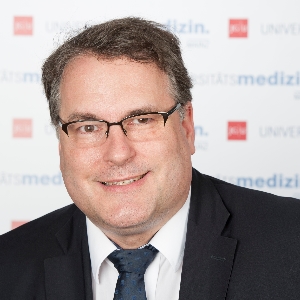
Ralph von Bardeleben
Head of the Centre of Structural Heart Disease Interventions and the Heart Valve Centre
Prof Ralph Stephan von Bardeleben is the Head of the Center of Structural Heart Disease Interventions and the Heart Valve Center in Mainz, Germany
Prof Bardeleben is Past-President of the German working group on Echocardiography of the German Society of Cardiology and a member of several medical societies. He serves on the Clinical Program commission and at your region program of the ESC and is a reviewer for several peer-reviewed journals. Newly elected co-editor-in-chief of Echocardiography Journal.
He participates as PI, steering committee member and core laboratory in several medical device trials, including a German Federal Institute for Drugs and Medical Devices (BfArM)-approved first- or early-in-human medical device implant trials.
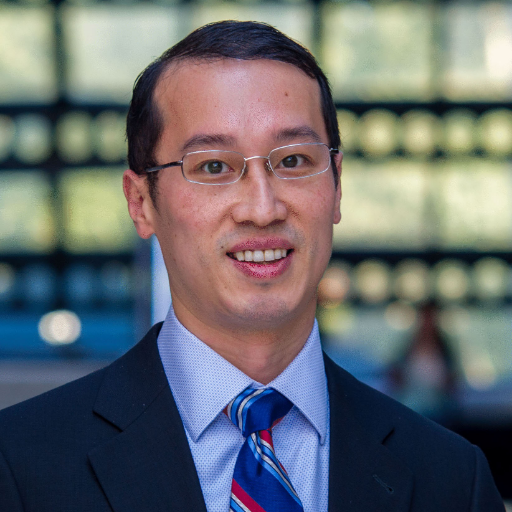
Gilbert Tang
Dr Gilbert Tang is Surgical Director of the Structural Heart Program at the Mount Sinai Health System and Professor of Cardiovascular Surgery at the Icahn School of Medicine at Mount Sinai in New York. He has performed over 2000 cases of transcatheter aortic valve replacement (TAVR), transcatheter mitral valve repair (MitraClip), transcatheter mitral valve replacement, and tricuspid valve repair and replacement procedures.
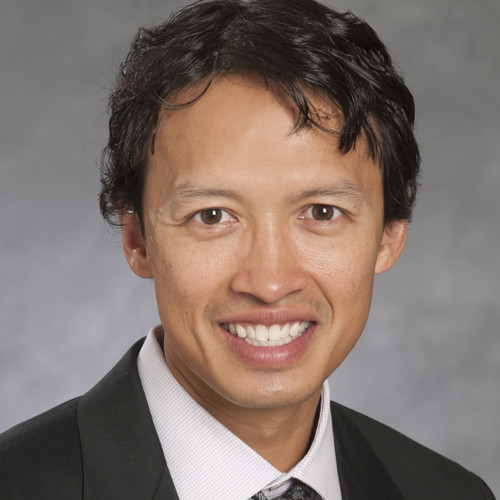
Paul Sorajja
Director of the Center for Valve and Structural Heart Disease
Dr Paul Sorajja is an Interventional Cardiologist at the Minneapolis Heart Institute at Abbott Northwestern Hospital, where he is the Director of the Center for Valve and Structural Heart Disease.
Dr Sorajja's clinical practice specialises in interventional cardiology, with a focus on catheter-based therapy of valvular and structural heart disease. He was part of the team that performed the first transcatheter mitral valve replacement in the US for a patient with native mitral regurgitation in 2015, and has the highest worldwide experience with TMVR.
Dr Sorajja has published over 300 manuscripts and book chapters, with expertise in cardiac hemodynamics, clinical education, hypertrophic cardiomyopathy, and percutaneous therapy of structural heart disease.
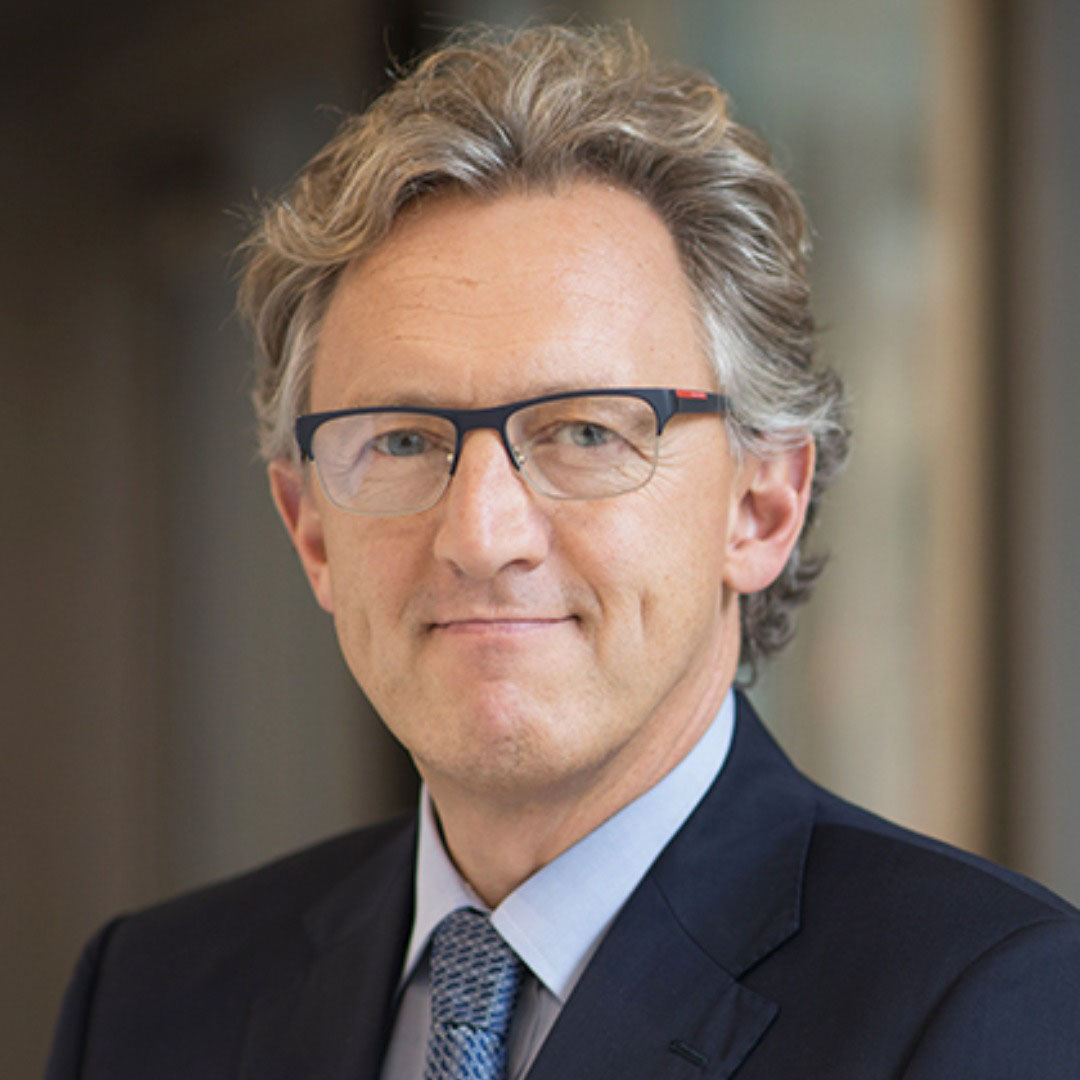
Ulrich Jorde
Section Head - Heart Failure, Cardiac Transplantation & Mechanical Circulatory Support
Dr Ulrich P. Jorde is Section Head of Heart Failure, Cardiac Transplantation & Mechanical Circulatory Support at the Montefiore Medical Center and Albert Einstein College of Medicine in New York.
Dr Ulrich Jorde specialises in Cardiovascular Disease, with a special focus on Heart Failure, Cardiomyopathy and Transplant Medicine-Heart.






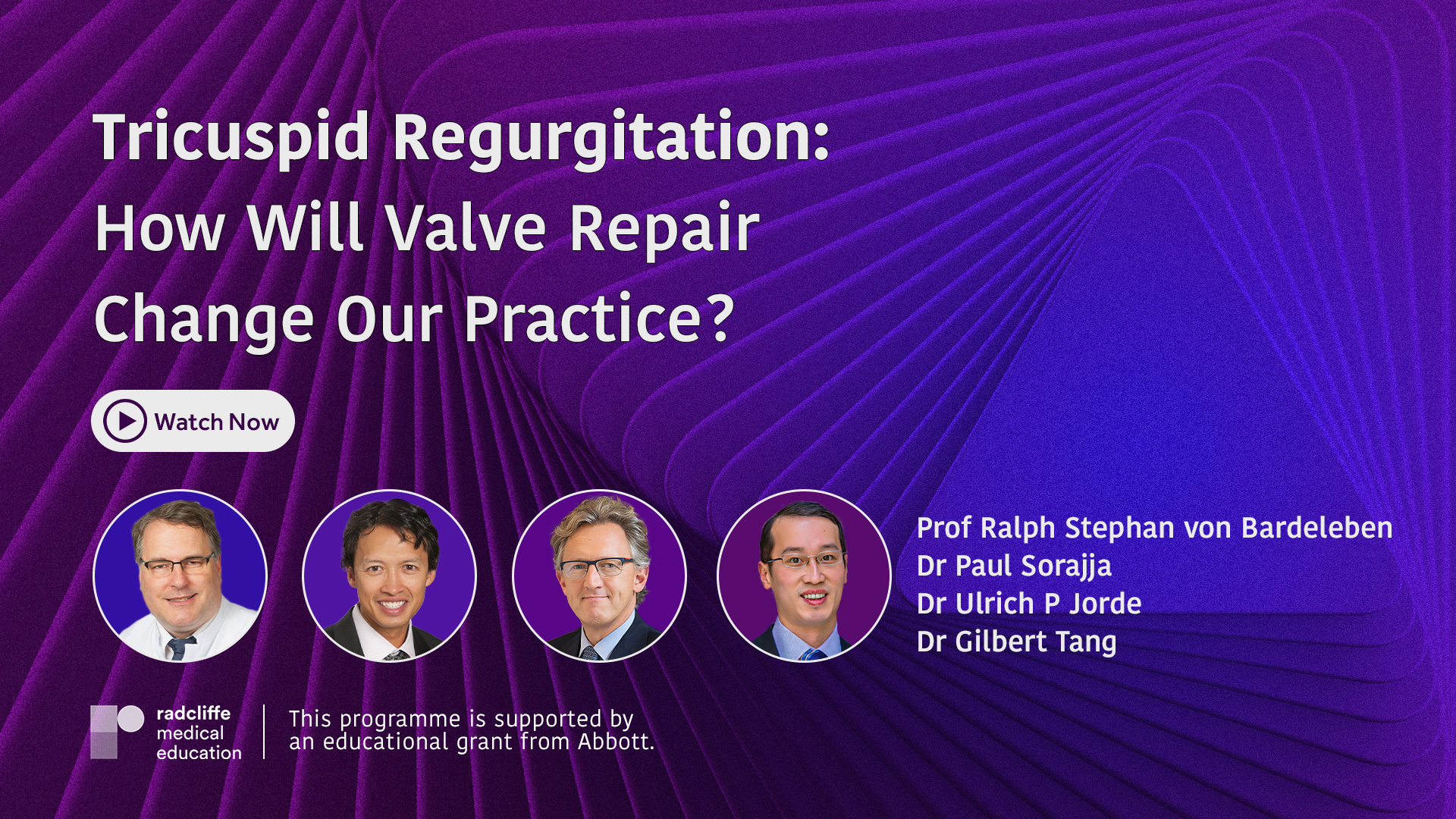
Comments